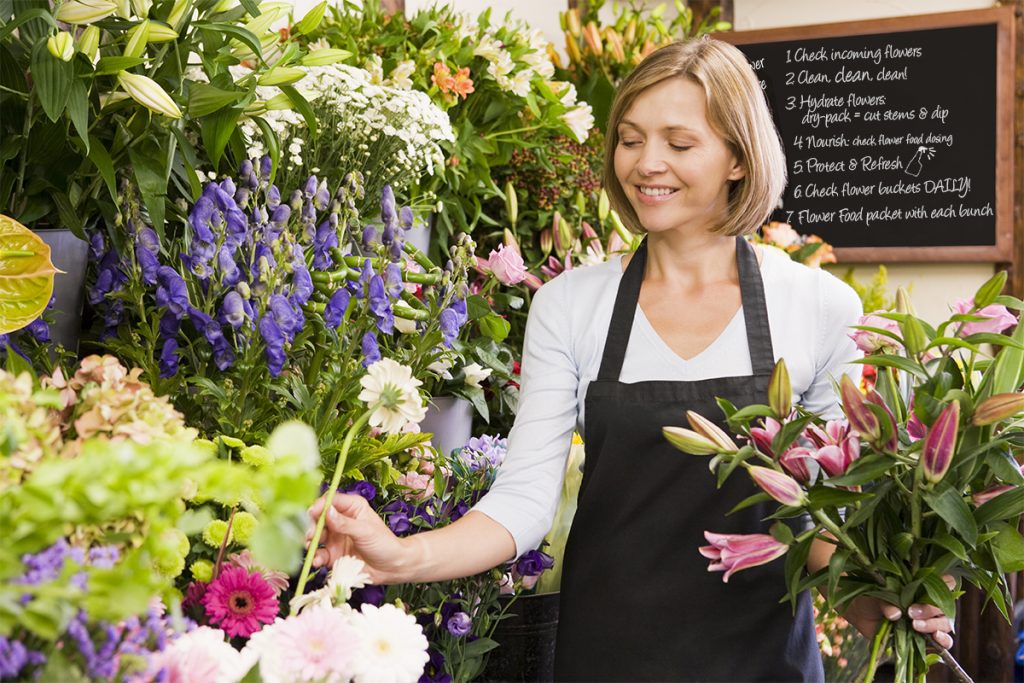Floral Training for Profit Protection
Floral training for your retail staff is a critical part of success, as it is in every aspect of the perishables business. Perishables are delicate, sensitive, fragile goods. You might even say they are perishable! How you care for and handle your delicate cargo may be the dividing line between profit and loss, so proper floral training is an absolute must! That’s the topic of our latest piece for Super Floral, “Floral Training and Mass-market Retail.”

“The perishables business comprises many moving parts, with each link in the chain more important than the one before it. Every step of the way, there are countless protocols and procedures in place that ensure the product is at its optimum quality when it reaches the store, providing satisfaction for consumers. If flowers are mistreated or mishandled in any way during their journey from farm to store, their vase life will be jeopardized.”
Those are the stakes, so what are the areas of floral training that are most useful in safeguarding your product? Floralife breaks it down into seven aspects. These combine to form best practices that will serve your business well. Here are some highlights…
- Receiving: When the truck arrives, it’s all about the trained eye: know the signs of disease, ethylene exposure, and mechanical and physical damage.
- Clean and Sanitize: Prevent bacteria growth with a daily regimen of cleaning and sanitizing tools, buckets and work surfaces; then a weekly scrub of walls, doors, floors and coolers. Turn to DCD® Cleaner!
- Hydrate: Unclogged, free-flowing stems are your goal. A hydration solution such as Floralife® Quick Dip will get the pipes flowing and ready to receive nutrition.
- Nourish: A commercial flower food will deliver the nutrition. And proper dosing is critical!
- Protect: A simple misting of Floralife® Finishing Touch will help hold in moisture and prevent water loss.
- On Display: The moment when your flowers need to grab the consumer eye is an important juncture. Floral training should include checking water levels, avoiding condensation and excessive moisture that can lead to botrytis, knowing the sources and effects of ethylene, and the importance of consistent temperature.
- Customer Care: You know it too well – your customers may “kill” their flowers once they get home but it will still be your fault! That’s why floral training should extend to the consumer. Find out their floral expectations and their display plans. Give them advice and provide useful take-home products such as Floralife Express.

In conclusion: “If you make no investment in your floral department other than training, then you have spent your funds wisely. Training your floral personnel on proper care and handling as well as building a “best practices” culture is priceless.”
As usual, there is MUCH more detail in the original article. So, check it out!
